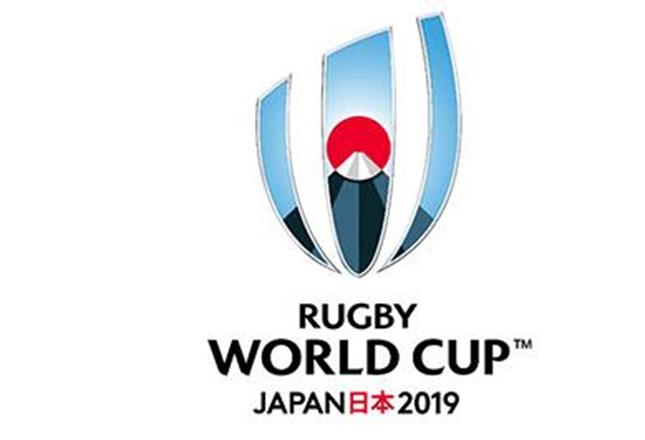
This week saw World Rugby launch the UK and Ireland tender process for the rights to broadcast the Rugby World Cup 2019 in Japan. Following the huge success of the Rugby World Cup 2015 in England, it is likely that a number of domestic bidders – both pay-TV and free-to-air – will be keen to televise the event.
The interest of different UK bidders highlights the difficult balancing act sports governing bodies have to perform, weighing the need to reach the largest audience against the importance of generating as much commercial revenue as possible to reinvest in the sport. This tension was highlighted in The Times this week which came down firmly in favour of keeping the Rugby World Cup on free-to-air television on the basis that the widest audience reach is most beneficial for the long-term health of the game.
Ultimately, the sale of the Rugby World Cup broadcasting rights are a matter for the international governing body, World Rugby. However, in the UK context, many of the leading domestic sports governing bodies and rights holders have sought to address the issue of how best to combine audience reach and commercial revenue by signing up to the Voluntary Code of Conduct for Rights Owners.
The Voluntary Code of Conduct for Rights Owners outlines the ongoing commitment of the UK’s leading sports bodies to two general principles:
• Accessibility – Ensuring that, wherever possible, all major events under their control receive free-to-air television coverage in the UK in live, recorded or highlights form and;
• Reinvestment – Ensuring a minimum of thirty per cent of their net UK broadcasting revenue is put back into grassroots development within their sport.
The six current, full signatories to the Code are: the England and Wales Cricket Board, the Football Association, the Lawn Tennis Association/All England Lawn Tennis and Croquet Club (joint), the R&A, the Rugby Football League and the Rugby Football Union. In addition, three bodies are signatories to the Accessibility Principle: the Premier League, the European Tour and UK Athletics.
Compliance with the Code is monitored annually by the Sports Broadcast Monitoring Committee, to which the Alliance acts as secretariat. The Committee comprises a range of representatives from Code signatories alongside independent members with commercial, legal and broadcasting expertise.
With the recent DCMS Sports Strategy highlighting the importance of the Voluntary Code, other UK governing bodies and rights holders are encouraged to sign up – to find out more you can download a copy of the Code here or, alternatively, contact us for a more detailed conversation about how your organisation can become a signatory.
This afternoon, the Chancellor delivered her Budget speech to Parliament, outlining decisions on tax and spending.
Read moreAhead of the Chancellor’s Budget statement on 26 November, we take a look a look at the key areas to be aware of and the work the Alliance has been doing lobbying on behalf of members.
Read moreGovernment has today formally launched a consultation on reforming the role of statutory consultees in the planning system. The consultation runs for eight weeks, closing on 13 January 2026.
Read moreJoining the Sport and Recreation Alliance is pretty simple, but worthwhile!
Register now